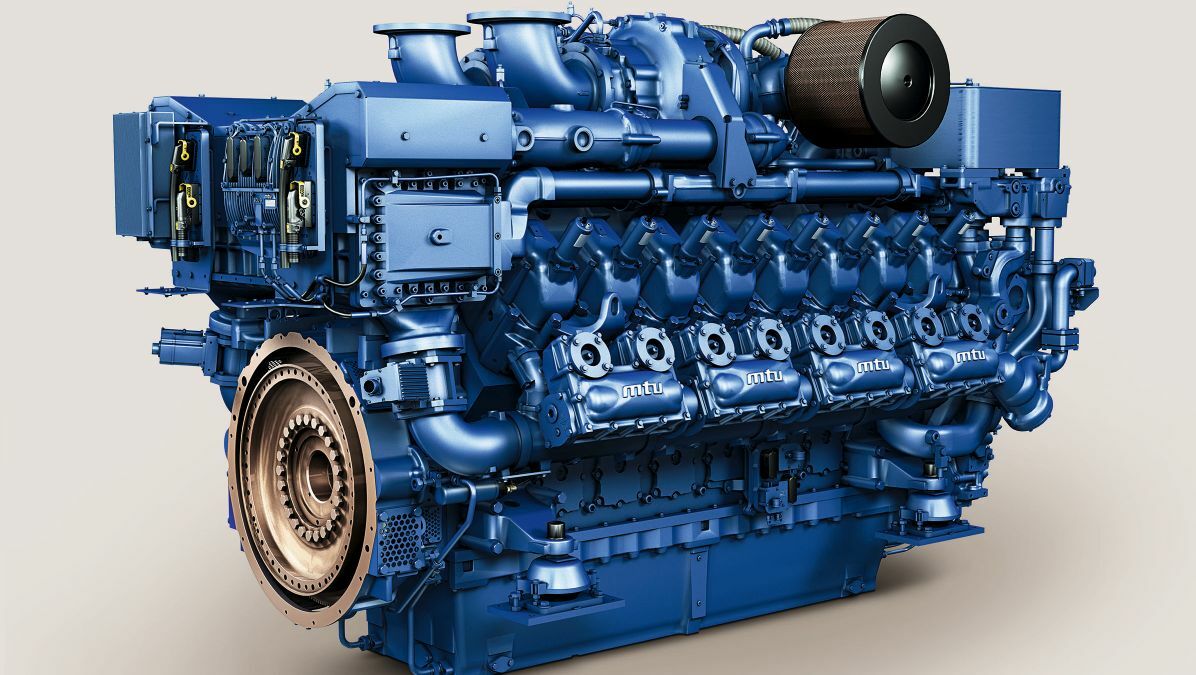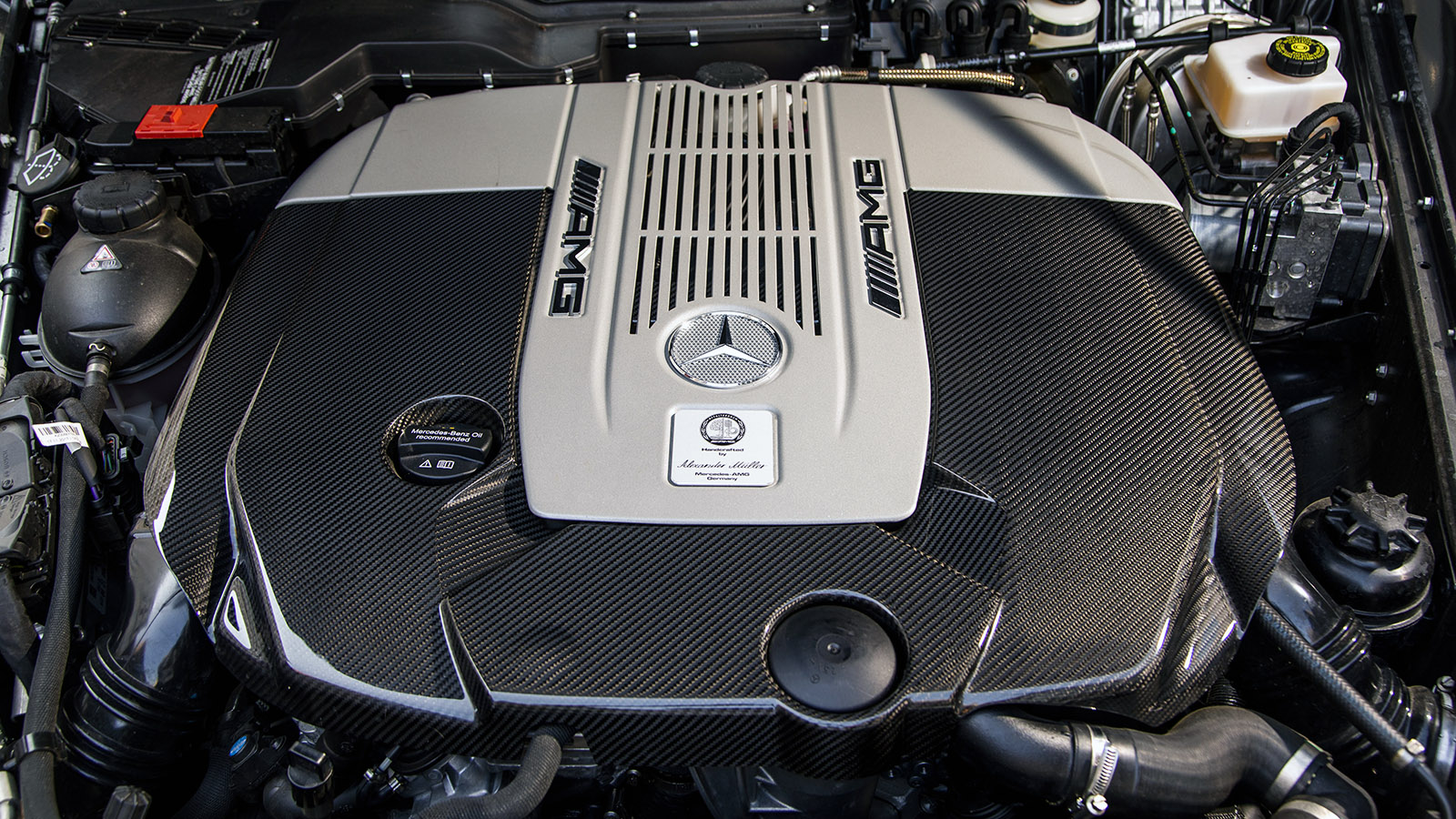Engines for Africa: Your Ultimate Automobile Parts Shop for Top Quality Car Parts
Engines for Africa: Your Ultimate Automobile Parts Shop for Top Quality Car Parts
Blog Article
The Mission for Ultimate Driving Power: Investigating the Peak of Engine Efficiency and Technological Developments in the Automotive Sector
In the world of automotive design, the quest of optimum driving power has actually been a ruthless pursuit that has actually unfolded through the evolution of engine design and the combination of cutting-edge modern technologies. From the thorough workmanship of combustion engines to the quick developments in electric propulsion systems, the auto industry stands at the cusp of a brand-new period characterized by extraordinary efficiency capacities. As engineers and researchers dive much deeper into the realms of computational liquid dynamics and discover innovative fuel innovations, the perspective of possibilities increases exponentially. Remain tuned as we unwind the detailed tapestry of technical developments that are forming the future of automotive power and performance.
Evolution of Engine Layout

In addition, the integration of turbocharging and supercharging modern technologies has actually revolutionized engine style by improving power without substantially boosting engine dimension. These forced induction systems compress the intake air, enabling even more fuel to be ignited, thus producing better power output from a smaller engine. This development has actually been specifically essential in improving the efficiency of smaller sized variation engines while preserving fuel effectiveness criteria.

Performance-Enhancing Fuel Technologies
The application of advanced fuel technologies has significantly contributed to improving engine performance in modern cars. From conventional gasoline and diesel to innovative biofuels, synthetic fuels, and hydrogen, the automotive sector is observing a change in gas choices. Biofuels, acquired from sustainable sources like corn, algae, or sugarcane, offer lowered exhausts and improved engine effectiveness. Synthetic fuels, generated via chemical processes, provide high octane rankings, enhancing power output. Hydrogen gas cells, although still in the beginning of fostering, show terrific guarantee as a result of their zero-emission nature and capacity for high performance. In addition, fuel ingredients and cleaning agents are being formulated to tidy engine elements, optimize burning, and decrease rubbing, thus boosting total automobile performance. With recurring research study and growth, the mission for the ultimate driving power continues, as engineers make every effort to unlock the complete potential of performance-enhancing gas technologies in the auto market.
Advancements in Electric Propulsion
Significant strides in electrical propulsion technology have revolutionized the vehicle sector, leading the means for a new period of sustainable and effective transportation. Electric vehicles (EVs) are gaining popularity because of their environmental benefits and developments in battery modern technology, enabling longer driving ranges and shorter charging times. Manufacturers are spending greatly in r & d to enhance the efficiency of electrical propulsion systems, concentrating on enhancing power outcome, enhancing energy efficiency, and decreasing overall weight.
One notable breakthrough in electrical propulsion is the advancement of sophisticated electric motors that deliver greater torque and power thickness, resulting in improved velocity and general driving performance. In addition, regenerative braking systems have been improved to record and keep energy throughout slowdown, further boosting the effectiveness of EVs.
Additionally, the integration of clever innovations, such as synthetic knowledge and predictive analytics, is optimizing the administration of electric propulsion systems, ensuring ideal efficiency under different driving problems. These advancements in electrical propulsion are reshaping the auto landscape, driving the sector towards a much more sustainable and amazed future.
Influence of Computational Fluid Characteristics
With innovations in electric propulsion pressing the borders of automobile technology, the combination of Computational Liquid Dynamics is playing a pivotal function in enhancing wind resistant performance and improving general efficiency in automobile design. Computational Liquid Characteristics my latest blog post (CFD) includes the usage of computer simulations to analyze the flow of air around a lorry, allowing designers to forecast how style adjustments will affect the rules of aerodynamics without the demand for costly physical prototypes. By precisely modeling airflow patterns, CFD permits the refinement of lorry forms to reduce drag, enhance cooling, and boost security.
CFD makes it possible for designers to enhance airflow around parts such as radiators, engine bays, and wheel wells, adding to improved performance and overall driving experience. In conclusion, the assimilation of Computational Fluid Dynamics stands for a considerable step onward in the mission for supreme driving power and performance in the vehicle industry.
Future Fads in Engine Technology
In the dynamic landscape of automotive design, innovative developments are forming the future trajectory of engine advancement. The future of engine design is noted by a strong focus on sustainability, efficiency, and efficiency. Manufacturers are significantly concentrating on creating engines that not only supply high power outputs yet likewise focus on ecological responsibility by lowering discharges and enhancing gas effectiveness.
One prominent fad in engine development is the rise of electrification. Crossbreed and electrical powertrains are gaining grip as sensible options to typical combustion engines. These modern technologies use the possibility for significant reductions in carbon exhausts and increased energy performance, lining up with international efforts to deal with environment change.
Furthermore, improvements in products scientific research and production techniques are enabling the production of lighter and a check these guys out lot more sturdy engine components. This shift towards lightweight products such as carbon fiber and light weight aluminum alloys adds to improved performance and fuel economic situation.
Verdict
Finally, the pursuit of supreme driving power in the automobile market proceeds to drive innovations in engine design, fuel modern technologies, electrical propulsion, and computational liquid characteristics. The evolution of these technologies is shaping the future of engine innovation, leading the way for more effective and reliable lorries (engines for africa). As the sector remains to push the boundaries of what is possible, we can expect to see also a lot more cutting-edge growths in the pursuit for peak efficiency
One of the essential milestones in engine style development is the shift from conventional carbureted engines to contemporary fuel-injected systems. By exactly metering the fuel distribution to each cylinder, fuel-injected engines optimize burning, resulting in much better see this performance and reduced ecological effect.
Moreover, the integration of turbocharging and turbo charging innovations has changed engine style by increasing power without considerably boosting engine size (engines for africa).The execution of sophisticated gas innovations has substantially added to boosting engine performance in modern-day cars. In addition, fuel ingredients and detergents are being formulated to clean engine components, maximize burning, and lower friction, thereby improving total car performance
Report this page